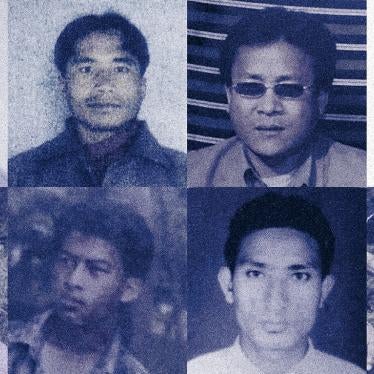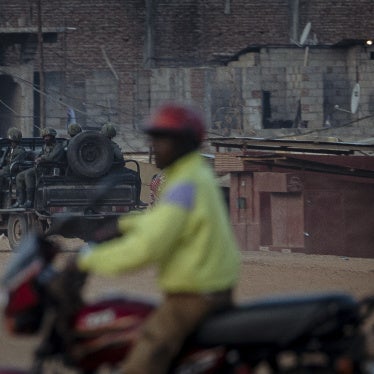BRUSSELS - Mercury is an ancient metal rich in history, cloaked with mystery and power. It is liquid metal at room temperature, with an almost mystical silver hue, and was known to the ancient Greeks, Romans, Chinese, and Hindus.
Today, mercury is used in industrial production, in medical and cosmetic products, and in small-scale gold mining—just to name a few areas of use.
Mercury is also highly toxic. It attacks the central nervous system and other body functions, and is particularly harmful to children.
Handling mercury has long been understood to be dangerous, and has been associated with tremors, mental disability and even death. Millions of people worldwide are exposed to mercury, and their right to health is in jeopardy.
To reduce the threat of mercury poisoning, governments are now negotiating an international treaty. Over the last six days, governments from around the world have held crucial talks in Uruguay.
If this is to be a strong treaty, it must address the right to health and propose health strategies, alongside environmental strategies. But unfortunately, it is far from certain that it will.
The European Union, the United States, and some other Western governments, are reluctant to push for a strong and binding commitment on health action on mercury, such as health worker training, data-gathering, and improved testing and treatment capacity.
They argue it is an environmental treaty and not a health treaty. As one EU delegate explained to me, there is also concern about additional costs for health measures.
As it stands, the treaty has nothing to offer to those who suffer mercury poisoning, and very little in the way of prevention.
There is one exception to this: It was agreed that health must be an integral part of efforts to protect small-scale miners from the harms of mercury.
This is a positive step in the right direction - pushed largely by African governments and NGOs involved in the negotiations.
Research by Human Rights Watch on small-scale gold mining shows how crucial health policies are. I have interviewed numerous women and girls in Mali, West Africa, who handled mercury on a daily basis for gold mining, but did not know about its dangers.
In Papua New Guinea, a doctor told us: "We have dozens of cases of mercury poisoning. [The patients] stare blankly at the wall. You cannot talk to them, they are not conversant, nothing. They are like zombies. And we have several cases that did not recover."
But small-scale miners are not the only ones exposed to the risk of mercury poisoning.
Unfortunately, so far, Western governments are unwilling to make sure that the right to health and protection from mercury extends to all people at risk.
The last round of talks will take place in early 2013 with the treaty adopted later the same year.
Governments must act on health rights for all people now, instead of pushing these issues aside. It is high time.
Juliane Kippenberg is the senior children's rights researcher at Human Rights Watch, a US-based NGO







